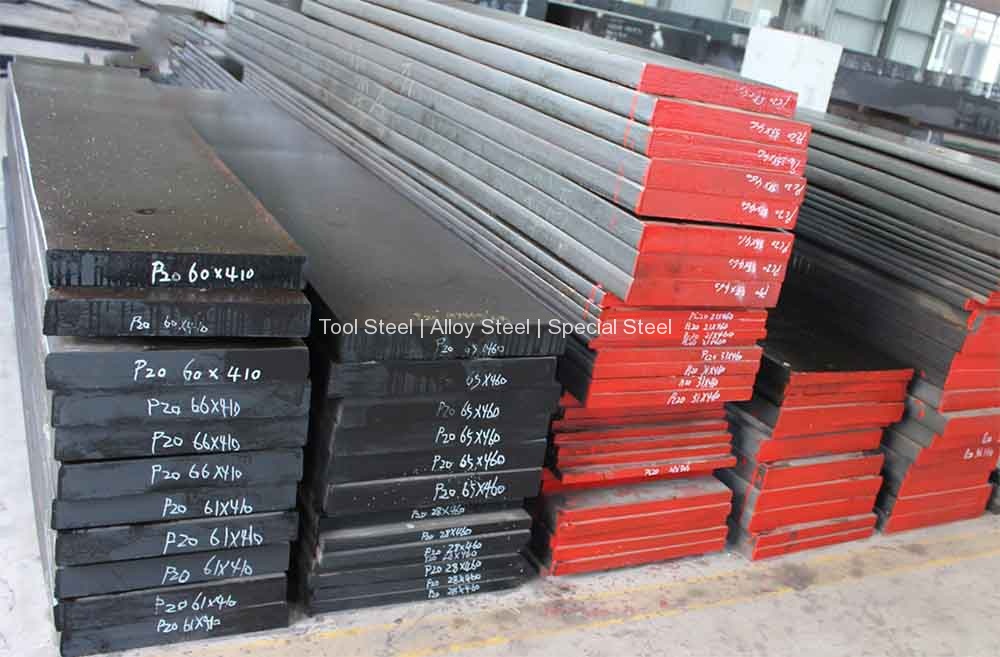Choosing the optimal tool steel is crucial for plastic injection mold performance and longevity. As a professional plastic injection molding manufacturer, I always get asked – which steel grades work best?
In this complete guide, I’ll draw on their insights to overview the key factors in selecting tool steel for molds. Whether you’re machining a simple prototype or high-volume production mold, read on to learn how to match the steel to the application.

Mold Steel Properties
When evaluating tool steel for injection molds, start by considering these key material characteristics:
Hardness and Wear Resistance
A mold must withstand millions of cycles under pressure from molten plastic. Harder steel grades over HRC 48 resist abrasive wear best. However, ultra-high hardness can compromise fracture toughness.
Toughness
While hardness resists wear, adequate toughness is crucial to prevent brittle fracture failure under repeated thermal and mechanical stresses.
Thermal Properties
The mold undergoes heating and cooling cycles. Choose steels with high thermal conductivity and stability through these fluctuations.
Corrosion Resistance
For molds running acidic resins like PVC, opt for corrosion-resistant stainless or tool steel alloys.
Common Mold Steel Grades
With key factors in mind, let’s overview popular tool steel choices:
P20
- Pre-hardened to 28-32 HRC
- Excellent machinability
- Low cost
- Best for prototypes and short runs
718 and Improved 718-Series
- Pre-hardened up to 38-40 HRC
- Enhanced wear life over P20
- More alloying boosts hardenability
H13
- Through-hardened to 48-54 HRC
- Leading hot work tool steel
- Withstands glass fills and high temps
420 Stainless
- Through-hardened to ~52 HRC
- Resists corrosion
- Takes exceptional polish
Matching Steel to Mold
We’ve covered the most vital mold steel characteristics and leading choices. Now let’s discuss optimizing steel selection for different mold types:
Prototyping and Bridge Tooling
For early validation runs, pre-hardened P20 strikes the ideal balance of machinability, cost, turnaround time and adequate longevity. Improved 718 grades boost durability slightly for minimal additional expense.
Short-Run Production
As the production scale increases, 718 and 420 stainless come into play for longer service life. Use 718 for commodity resins, or 420 where high surface finish is critical.
High-Volume Production
When optimizing molds for millions of cycles, H13 is proven to withstand abrasive fills and thermal fatigue. Other through-hardened alloy tool steels also gain consideration.
Key Takeaways
- Hardness, toughness, thermal properties and corrosion resistance are critical mold steel factors
- P20 is ideal for low-volume tooling; H13 excels in high production environments
- Match the steel grade to resin type and production scale
By understanding injection mold needs and characteristics of common tool steels, manufacturers can select the optimal material. This ensures mold longevity while controlling machining and heat treatment costs. With these insights, you’re now equipped to choose high-performance steels tailored to your specific application!
